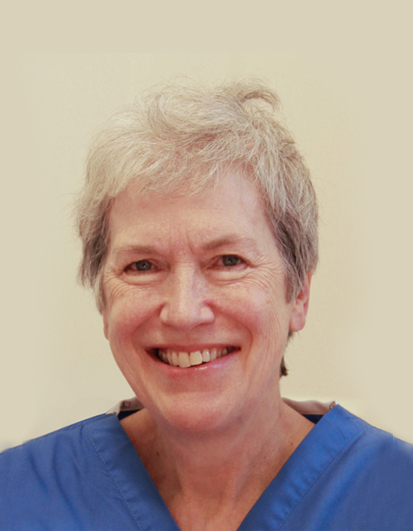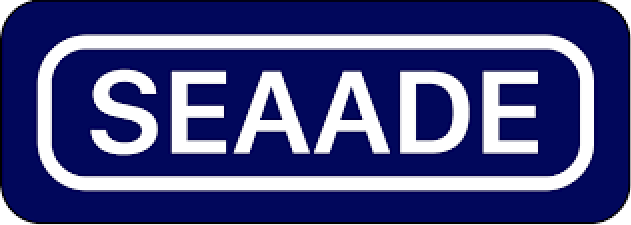
Dr Sarah L Manton
Royal College of Surgeons of Edinburgh
ABOUT THE SPEAKER
Sarah is the Director of the Faculty of Dental Trainers and from 2014 to 2018 was Vice-Dean of the Dental Faculty at the Royal College of Surgeons of Edinburgh, UK. She is a registered Specialist in Restorative Dentistry, Periodontics and Special Care Dentistry and held the post of Consultant and Honorary Senior Lecturer at Dundee Dental School, UK until 2015. She has extensive experience in postgraduate training and examining and has chaired national UK committees on curriculum and examination development. Sarah is currently Chair of the British National Formulary Dental Advisory Group.
Lecture's Synopsis
Development of a Taxonomy (DeNTS) To Assess the Non-Technical Skills of Dentists
Non-technical skills (NTS) are the ‘cognitive, social and personal resource skills that complement technical skills and contribute to safe and efficient task performance’. Skills include: decision making, communication, leadership and teamworking. Deficiencies in these areas are common contributing factors to healthcare adverse events. NTS taxonomies provide a framework to evaluate these skills and deliver constructive feedback to improve performance. Taxonomies are context specific and have been developed for healthcare providers including surgeons, anaesthetists and emergency physicians. The aim of this project was to develop a non-technical skills taxonomy for dentistry.
A working group of dentists and subject matter experts was brought together. Existing NTS taxonomies including NOTSS (non-technical skills for surgeons), ANTS (anaesthetic non-technical skills) and SPLiNTS (non-technical skills for scrub practitioners) were reviewed and behaviours indicative of good NTS practice extracted. A modified Delphi process was utilised to revise and consolidate this to a list of 88 good dental non-technical behaviours. The list was codified and rationalised through an iterative process to develop a draft dental taxonomy. Behaviours relating to poor performance in NTS were then identified and a list of these also developed. The draft taxonomy has undergone two workshop pilots prior to its development for testing on trainees.
The DeNTS taxonomy is set out as follows:
| CATEGORIES | ELEMENTS |
|---|---|
|
Situation Awareness
|
- Gathering information - Understanding information - Anticipating the future situation |
|
Decision Making
|
- Considering options - Selecting and communication decisions - Implementing and reviewing decisions |
|
Teamwork and Communication
|
- Exchanging information - Co-ordinating activities - Establishing a shared understanding |
|
Task Management
|
- Setting and maintaining standards - Coping with pressure - Supporting others |
Each element is further illustrated with behaviours indicative of good and poor performance. For example, a good behaviour when considering options during decision making is ‘recognises potential patient safety issues’ and an example of a poor behaviour is ‘makes assumptions about patient choice or values’. The list of good and poor behaviours acts as a guide to making formative assessments when trainees are undertaking clinical procedures. A scale is used to rate the performance of trainees as ‘good, acceptable, unsatisfactory, poor and not observed’. The results of an assessment should be used to drive reflection on performance, to generate plans for improvement, and to secure patient safety.
This assessment tool has been developed for use by dentists in all training situations apart from oral and maxillofacial surgery, for whom the NOTSS system is more appropriate. NOTSS has been accepted internationally and is now embedded in formal training programmes. Once DeNTS has completed its validation phase and is established in its use, the tool may be considered for undergraduate training, as well for being modified for application to the training of dental care professionals.
Assessing NTS is essential to safe, effective healthcare. DeNTS has been developed to drive the improvement of NTS in dentistry. The next stage is validating this new and innovative tool for dentistry in the clinical environment, prior to full implementation.
CONTACT US
International Medical University,
No. 126, Jalan Jalil Perkasa 19,
Bukit Jalil, 57000 Kuala Lumpur, Malaysia





